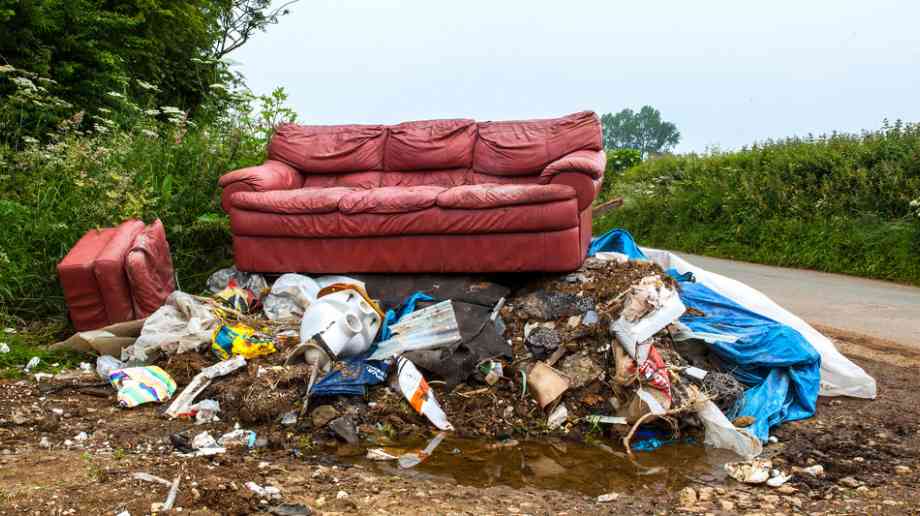Summary:
Over 900 HSE professionals have revealed the real barriers to progress in 2025 – from mental health struggles and cultural resistance to rising demand for flexible, digital training. Discover what’s shaping the future of compliance, learning and leadership in Astutis’ exclusive new report.
Content:











